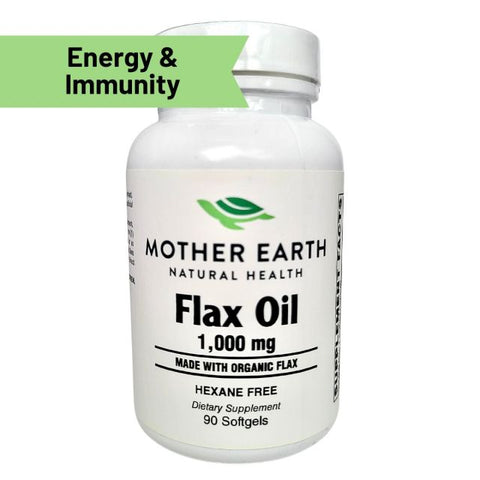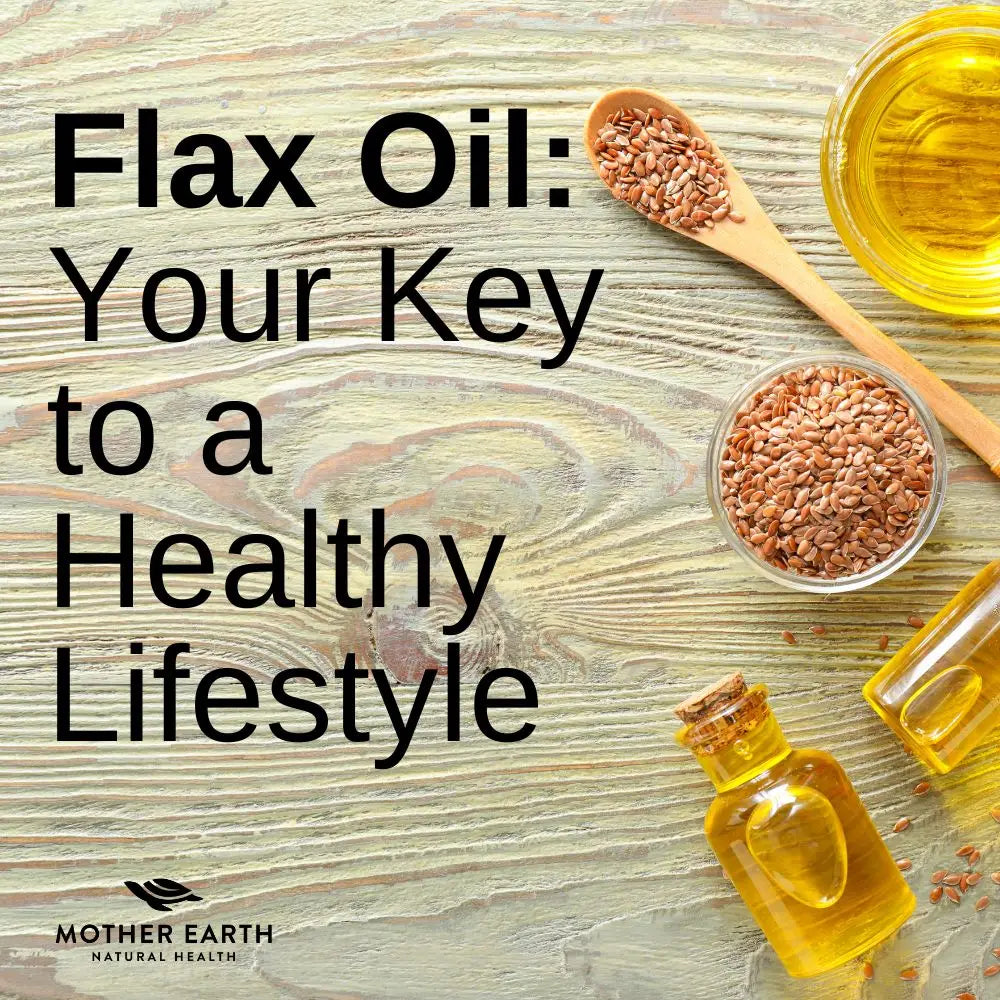Flax oil, also known as linseed oil, is a popular dietary supplement that has gained recognition for its numerous health benefits. Derived from the seeds of the flax plant, flax oil is rich in essential fatty acids, particularly Omega-3 fatty acids. In this article, we will explore what flax oil is, how it is made, and the nutritional benefits it offers. We will also delve into the importance of Omega-3 fatty acids in flax oil and the various ways in which this oil can enhance your overall wellbeing.
What is Flax Oil and how is it made?

Flax oil is extracted from the seeds of the flax plant, scientifically known as Linum usitatissimum. The seeds are carefully cold-pressed to obtain the oil, ensuring that its beneficial properties are preserved. The resulting oil has a golden color and a nutty flavor, making it a versatile addition to your culinary repertoire.
Nutritional benefits of Flax Oil
Flax oil is packed with essential nutrients that promote good health and wellbeing. One of its standout features is its high concentration of Omega-3 fatty acids, specifically alpha-linolenic acid (ALA). Omega-3 fatty acids are vital for the proper functioning of our bodies, as they play a crucial role in brain development, reducing inflammation, and maintaining heart health.
Additionally, flax oil is an excellent source of vitamin E, a potent antioxidant that helps protect our cells from damage caused by free radicals. It also contains lignans, which are plant compounds that have been linked to a reduced risk of certain cancers, cardiovascular disease, and menopausal symptoms.
The importance of Omega-3 fatty acids in Flax Oil
Omega-3 fatty acids are an essential component of a healthy diet, and flax oil is an excellent source of these beneficial fats. Our bodies cannot produce Omega-3 fatty acids on their own, so it is crucial to obtain them from dietary sources. These fatty acids play a vital role in reducing inflammation, which is a common underlying factor in many chronic diseases.
Research has shown that Omega-3 fatty acids can promote heart health by reducing the risk of cardiovascular diseases, such as heart attacks and strokes. They help lower blood pressure, decrease triglyceride levels, and improve overall cholesterol profiles. Incorporating flax oil into your diet can be a simple yet effective way to support your cardiovascular health.
Health benefits of Flax Oil
Flax Oil and improved cardiovascular health
The Omega-3 fatty acids found in flax oil have been extensively studied for their positive impact on cardiovascular health. These healthy fats have been shown to lower blood pressure, reduce inflammation, and improve blood vessel function. By incorporating flax oil into your diet, you can potentially decrease your risk of developing heart disease and other cardiovascular conditions.
Flax Oil for joint health and inflammation
In addition to its cardiovascular benefits, flax oil can also help support joint health and reduce inflammation. The Omega-3 fatty acids present in flax oil have anti-inflammatory properties that can alleviate symptoms associated with conditions like arthritis. Regular consumption of flax oil may help reduce joint pain, improve mobility, and enhance overall joint function.
Flax Oil and its impact on brain health and cognitive function
Omega-3 fatty acids are crucial for optimal brain health and cognitive function. They are essential for the development and maintenance of brain cells and have been linked to improved memory and focus. By incorporating flax oil into your diet, you can support brain health and potentially reduce the risk of age-related cognitive decline.
How to incorporate Flax Oil into your diet
Adding flax oil to your daily diet is a simple and versatile way to reap its health benefits. Here are a few ideas on how to incorporate flax oil into your favorite dishes:
- Drizzle flax oil over salads as a healthy and flavorful alternative to traditional dressings.
- Include flax oil in your smoothies for an added nutritional boost.
- Use flax oil as a substitute for other cooking oils when sautéing vegetables or stir-frying.
- Mix flax oil into your favorite dips or spreads for an extra dose of healthy fats.
Remember, flax oil should not be used for cooking at high temperatures, as it has a low smoke point. Heat can damage the delicate fatty acids present in flax oil, so it is best to use it in recipes that do not require high heat.

Choosing and storing Flax Oil
When purchasing flax oil, it is important to choose a high-quality, cold-pressed variety. Look for flax oil that is stored in dark glass bottles to protect it from light and ensure its freshness. Flax oil should be stored in the refrigerator to prevent it from going rancid.
Potential side effects and precautions of Flax Oil
While flax oil offers numerous health benefits, it is essential to exercise caution and be aware of potential side effects. Some individuals may experience digestive discomfort, such as diarrhea or bloating, when consuming flax oil. It is advisable to start with small amounts and gradually increase your intake to allow your body to adjust.
Additionally, flax oil may interact with certain medications, so it is important to consult with your healthcare provider if you are taking any medications or have any underlying medical conditions.
Conclusion: Flax Oil as a key component of a healthy lifestyle
Incorporating flax oil into your diet can be a simple yet effective way to enhance your overall wellbeing. From its rich nutritional profile to its numerous health benefits, flax oil offers a valuable addition to a healthy lifestyle. Remember to choose high-quality flax oil, store it correctly, and be mindful of potential side effects. By making flax oil a part of your daily routine, you can take a proactive step towards improving your health and enjoying a healthier, happier life.
Start reaping the benefits of flax oil today by incorporating it into your daily diet. Try one of our suggested recipes or get creative and discover new ways to enjoy the nutritional goodness of flax oil.

